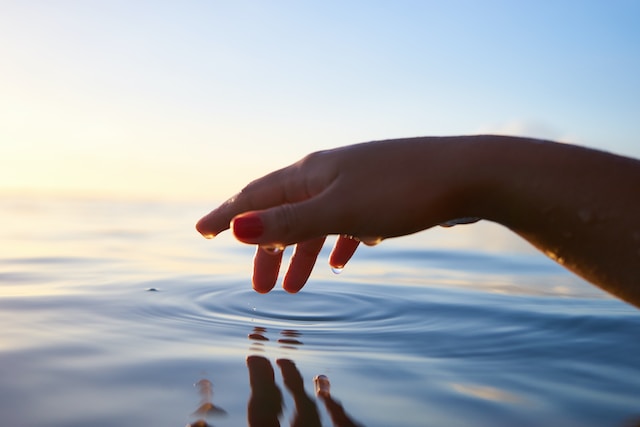
Water is the source of all life, and it’s a precious resource that we must preserve for our future. Each one of us has an essential role to play in this regard by developing a responsible approach to water conservation.
The Need for Water Conservation
Water’s availability as a precious resource is increasingly under threat. As the global population continues to grow and industrialization expands, the demand for water is escalating at an alarming rate. This escalating demand poses a significant challenge to water resources, making water conservation more crucial than ever before.
Growing population and increasing water demand
Our planet is home to over 7.8 billion people, and this number is expected to reach 9.7 billion by 2050. As populations surge, so does the demand for water to meet various needs, including drinking, sanitation, and agriculture. Rapid urbanization and industrial growth further intensify this demand, placing immense pressure on already strained water supplies.
The consequences of unchecked water consumption are severe. In many regions, rivers are running dry, lakes are shrinking, and underground aquifers are depleting at an alarming rate. As we continue to consume water faster than it can be replenished, the risk of water scarcity and the potential for social, economic, and environmental instability loom large.
Impact of climate change on water availability
Climate change exacerbates the challenges of water availability. Rising global temperatures, changing precipitation patterns, and increased frequency of extreme weather events are disrupting the water cycle, altering the distribution and availability of freshwater resources.
Climate change exacerbates the challenges of water availability. Rising global temperatures, changing precipitation patterns, and increased frequency of extreme weather events are disrupting the water cycle, altering the distribution and availability of freshwater resources.
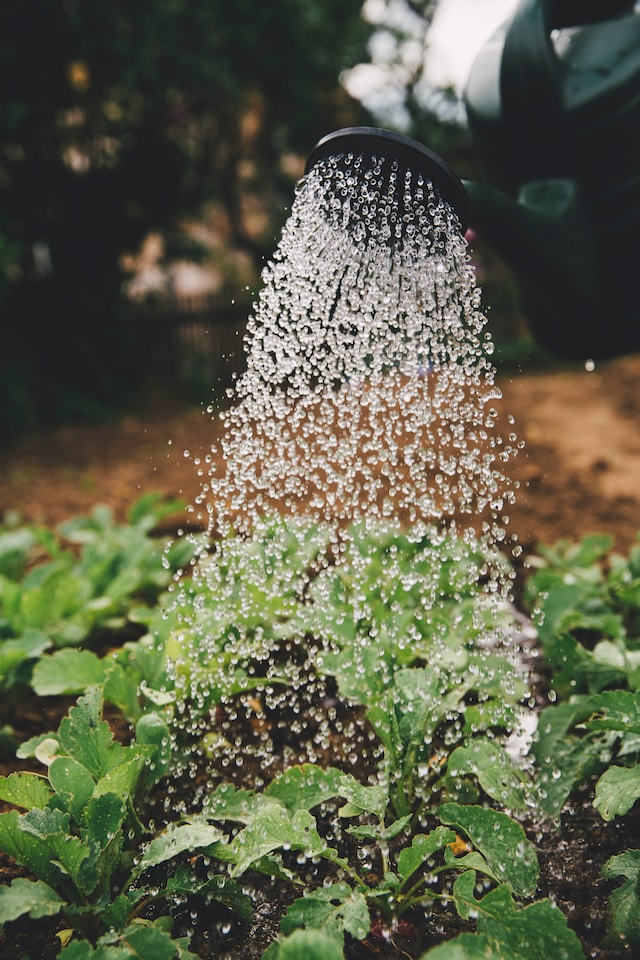
Droughts are becoming more severe and prolonged in many parts of the world, leaving parched landscapes and parched communities in their wake. Conversely, intense rainfall events and floods overwhelm existing water infrastructure, causing loss of life and damage to ecosystems.
The changing climate also affects the timing and quantity of snowmelt, which is a vital source of freshwater for many regions. As temperatures rise, snowpacks are diminishing, affecting water availability during the dry seasons.
Depletion of freshwater resources
Freshwater resources, which make up only a small fraction of the Earth’s total water supply, are facing depletion due to various factors. Overextraction of groundwater for agriculture, industry, and domestic use is causing aquifers to shrink, resulting in land subsidence and a reduced capacity to store water.
Furthermore, pollution from agricultural runoff, industrial discharges, and inadequate wastewater treatment threatens the quality of freshwater sources. Contaminated water not only endangers human health but also damages ecosystems, disrupting delicate aquatic ecosystems and biodiversity.
The depletion of freshwater resources is not limited to a few regions. It is a global challenge that requires immediate attention and collective action.
Benefits of Water Conservation
Conservation of resources, water and land conservation included, brings forth a multitude of benefits.
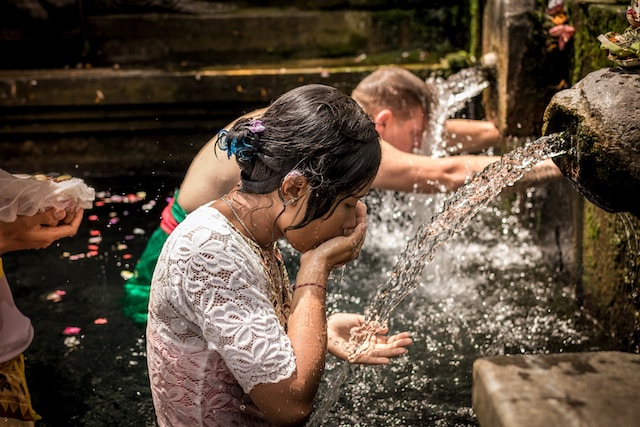
By adopting water-saving practices and implementing efficient water management strategies, individuals, communities, and ecosystems can reap several advantages. Let’s explore the key benefits of water conservation:
Preservation of ecosystems and biodiversity
Water is fundamental to the health and vitality of ecosystems. Conserving water helps maintain the delicate balance of aquatic habitats, rivers, wetlands, and lakes. By reducing water extraction from natural sources, we ensure the availability of water for plants, animals, and organisms that depend on these habitats for survival. Conserving water also helps protect sensitive ecosystems, including coral reefs and freshwater springs, which provide essential breeding grounds for a diverse array of species.
Mitigation of drought and water scarcity
Water scarcity and drought pose significant challenges in many regions worldwide. By conserving water, we can mitigate the impact of these conditions. Water-saving practices, such as efficient irrigation methods and responsible household water use, help stretch available water supplies during times of scarcity. Conservation measures can also delay or even prevent the need for water rationing and restrictions, ensuring a more reliable water supply for both human needs and ecological balance.
Financial savings for individuals and communities
Water conservation directly translates into financial savings for individuals, businesses, and communities. By reducing water consumption, individuals can lower their water bills, freeing up resources for other essential needs. Implementing water-saving practices in commercial and industrial settings leads to reduced operational costs associated with water use. Communities that prioritize water conservation can redirect funds to other important projects and investments, contributing to overall economic growth and stability.
Energy conservation and reduced carbon footprint
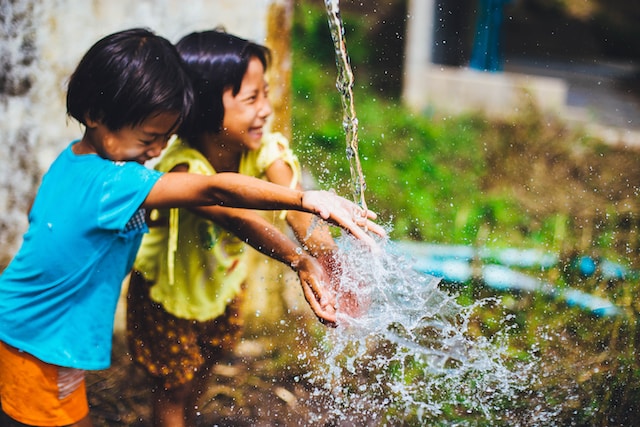
Water and energy are deeply intertwined. Conserving water also means conserving energy. Pumping, treating, and distributing water requires significant amounts of energy. By reducing water demand, we indirectly reduce energy consumption and associated greenhouse gas emissions.
For instance, efficient irrigation techniques and water recycling in industries reduce the need for energy-intensive water pumping and treatment processes. Additionally, decreased reliance on water-dependent energy sources like hydropower during droughts can be mitigated through water conservation measures.
Strategies for Water Conservation
Water conservation requires a multifaceted approach that encompasses various sectors and levels of society. From households to agricultural practices, industrial operations to community initiatives, implementing effective strategies is crucial for preserving this invaluable resource. Here are some in-depth strategies for water conservation:
Efficient water use in households
- Fixing leaks and reducing water waste: Identifying and repairing leaks in plumbing fixtures, pipes, and irrigation systems is essential to prevent water loss. Additionally, adopting water-saving habits like turning off faucets when not in use and using efficient showerheads can significantly reduce water waste.
- Installing water-saving appliances and fixtures: Upgrading to water-efficient appliances such as washing machines and dishwashers can save substantial amounts of water. Low-flow toilets and faucets, aerators, and showerheads also contribute to water conservation by reducing water flow without compromising performance.
- Implementing water-wise landscaping techniques: Landscaping practices can have a significant impact on water consumption. Xeriscaping, which involves using native plants and employing efficient irrigation methods like drip irrigation, reduces outdoor water usage. Mulching and proper soil management also help retain moisture and reduce evaporation.
Agricultural water conservation
Improving irrigation practices: Traditional irrigation methods can be highly inefficient, resulting in substantial water loss. Adopting techniques such as drip irrigation, which delivers water directly to plant roots, reduces evaporation and optimizes water use. Furthermore, using moisture sensors and weather data for irrigation scheduling ensures water is applied only when necessary.
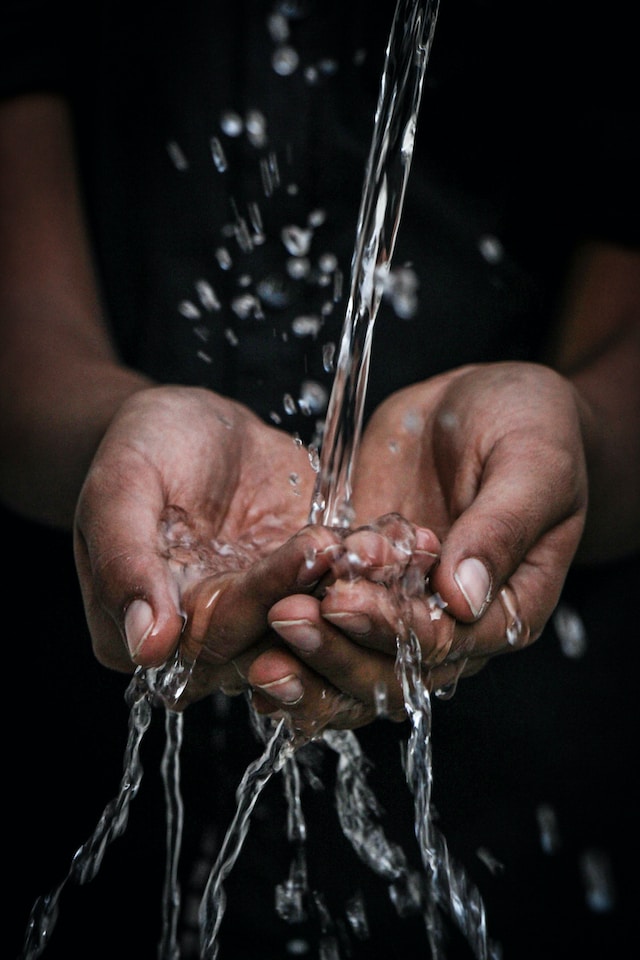
- Implementing precision agriculture techniques: Precision agriculture employs technology to monitor and manage crop health and water requirements accurately. Tools like remote sensing, drones, and soil moisture sensors enable farmers to apply water precisely where and when it is needed, minimizing waste and maximizing crop productivity.
- Promoting crop selection and water-efficient farming methods: Encouraging the cultivation of drought-tolerant crops and utilizing crop rotation techniques can reduce water demand in agriculture. Implementing water-efficient farming practices such as conservation tillage, cover cropping, and proper soil management helps retain soil moisture and minimize water runoff.
Industrial and commercial water conservation
- Recycling and reusing water in manufacturing processes: Many industries can implement water recycling systems to treat and reuse wastewater for various purposes. Recycling water within the manufacturing process not only conserves water but also reduces the strain on freshwater sources.
- Implementing efficient cooling and heating systems: Industries and commercial buildings can upgrade to water-efficient cooling towers, heat exchangers, and boilers. Optimizing these systems reduces water consumption while maintaining operational efficiency.
- Encouraging water-saving practices in businesses: Implementing water-saving practices, such as using low-flow fixtures in restrooms, promoting employee awareness about water conservation, and regularly monitoring and fixing leaks, can significantly reduce water consumption in commercial establishments.
Community-level water conservation initiatives
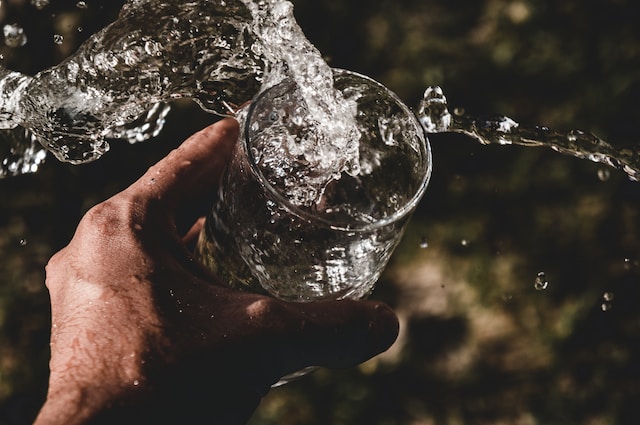
Raising awareness and educating the public: Informing the community about the importance of water conservation and providing practical tips for reducing water usage creates a culture of responsibility and encourages behavioral change.
Educational campaigns, workshops, and outreach programs can effectively disseminate this information.
Implementing water conservation regulations and policies: Governments and local authorities can enact and enforce water conservation regulations, including building codes that require water-saving fixtures, landscaping restrictions, and water-use efficiency standards for industries and businesses.
Collaborating with local organizations and water utilities: Community partnerships between local organizations, non-profits, and water utilities foster cooperation in implementing water conservation initiatives. Collaborative efforts can include funding programs, providing resources and expertise, and organizing community projects such as water audits and rebate programs.
Water conservation is a critical issue that affects us all. It requires a collective effort from individuals, communities, governments, and industries to preserve this precious resource for the present and future generations. Small changes can lead to significant results— and every drop counts. It’s our responsibility to protect and preserve our planet’s most precious resource, water.


